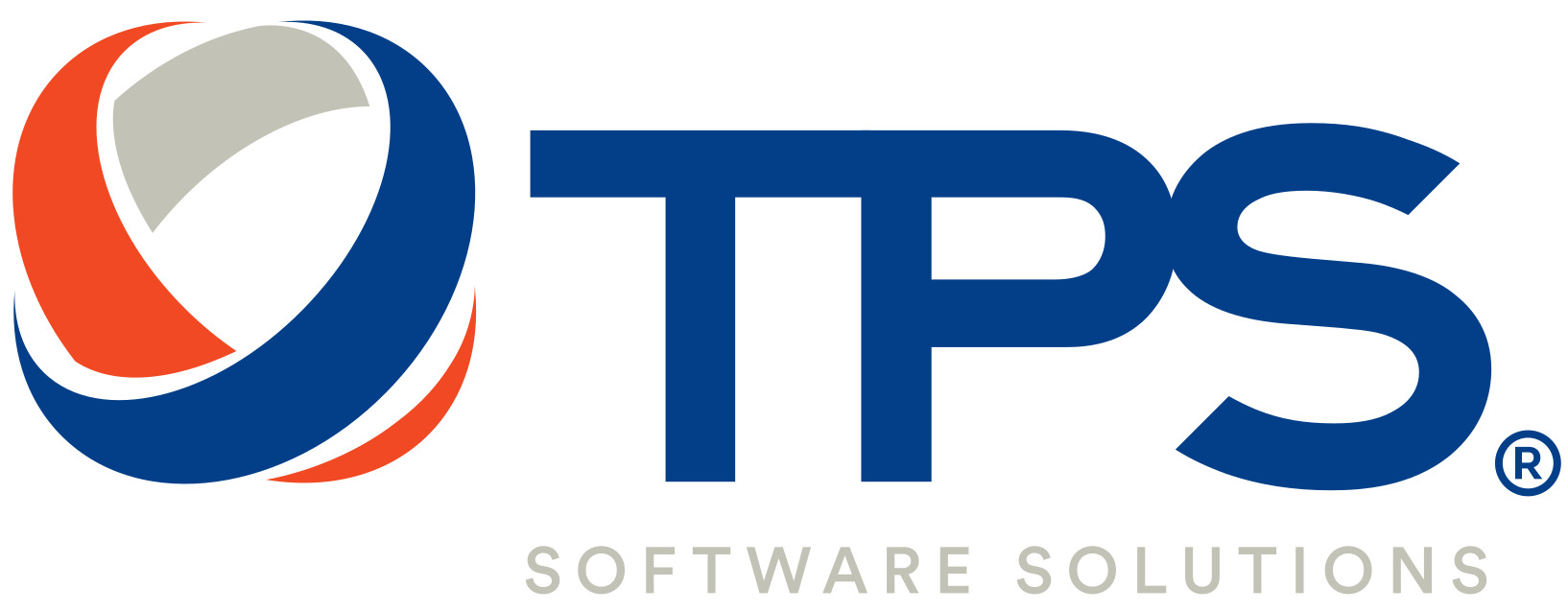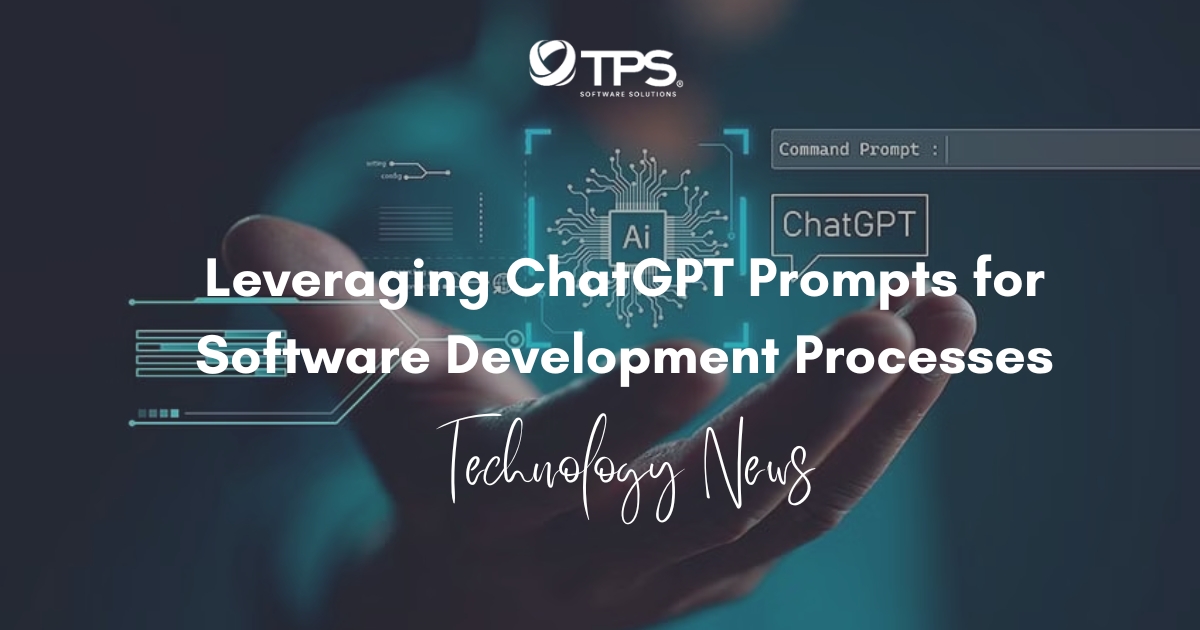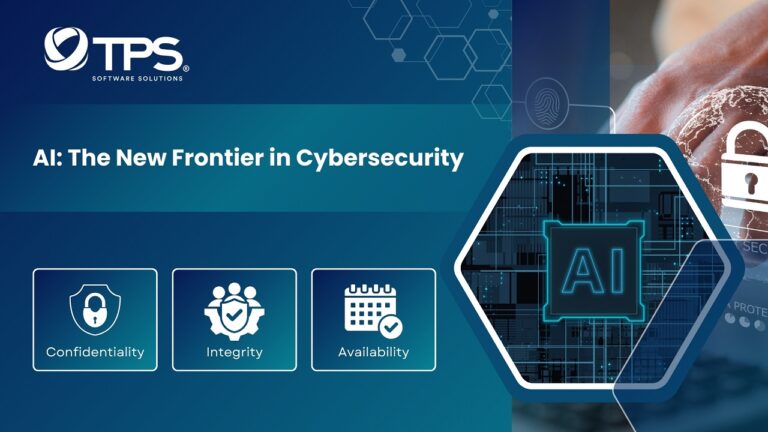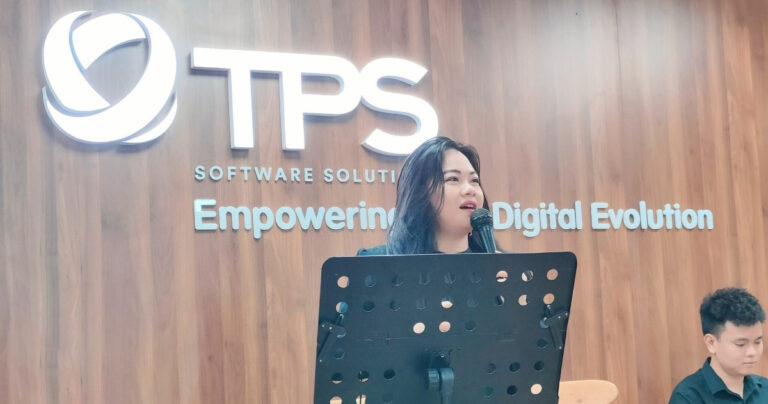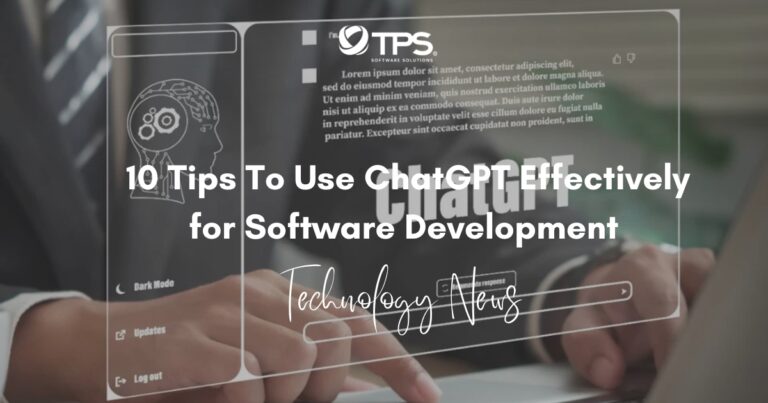An Overview of ChatGPT in the Software Development Process
The integration of AI-powered tools like ChatGPT in software development is revolutionizing how developers approach coding, problem-solving, and innovation. Let’s delve into the utility of specific ChatGPT prompts throughout the software development lifecycle. It highlights how these prompts can significantly enhance both efficiency and creativity at each stage, from initial concept to final deployment

The Benefits of Using ChatGPT in Software Development
1. Ideation and Conceptualization
ChatGPT Prompts for Brainstorming: Developers can use ChatGPT to brainstorm ideas for new software projects or features. Prompts such as “Generate ideas for a healthcare management application” can yield a variety of creative concepts.
Feasibility Analysis: ChatGPT can assist in evaluating the feasibility of a proposed software project by responding to prompts like “What are the technical challenges in developing a blockchain-based voting system?”
2. Design and Planning
Architecture Design: ChatGPT can be prompted to suggest software architecture designs. For example, “Suggest an architecture for a scalable e-commerce web application.”
Technology Stack Recommendations: Use prompts like “Recommend a technology stack for a real-time chat application” to get insights into suitable technologies and frameworks.
3. Coding and Development
Code Snippets and Examples: ChatGPT can provide code examples for specific functionalities. A prompt like “Show me a Python snippet for connecting to a SQL database” can be quite handy.
Debugging Assistance: For troubleshooting, prompts such as “What could be causing a memory leak in a Java application?” can provide useful insights.
4. Testing and Quality Assurance
Test Case Generation: ChatGPT can help generate test cases. A prompt like “Generate test cases for a user login functionality” can streamline the testing process.
Code Review and Optimization Suggestions: Using prompts like “Review this JavaScript function for performance improvements” can lead to valuable feedback.
5. Deployment and Maintenance
Deployment Strategies: ChatGPT can suggest deployment strategies for various environments. A prompt could be “Suggest a deployment strategy for a cloud-native application.”
Maintenance Best Practices: Queries like “Best practices for maintaining a large-scale API” can provide ongoing support insights.
6. Documentation and Reporting
Documentation Assistance: ChatGPT can help in creating documentation through prompts like “Write an overview for a REST API documentation.”
Progress Reporting: For updates, a prompt like “Create a progress report template for software development projects” can be useful.
ChatGPT’s versatility makes it a valuable ally in the software development process. By utilizing targeted prompts, developers can not only streamline their workflows but also foster innovation and creativity in their projects. As AI continues to evolve, its role in software development is poised to become more integral and transformative.
While ChatGPT is a powerful tool, it’s important to supplement its output with human expertise and validation, especially in complex and critical tasks like software development.
ChatGPT Software Prompt Engineers - New Role in Software Development Team
Who Are They?
ChatGPT Software Prompt Engineers are specialized professionals who excel in formulating effective prompts for AI models like ChatGPT. Their expertise lies in understanding the nuances of natural language processing and AI capabilities to optimize interactions with these models for specific tasks in software development.
These engineers possess a blend of skills in software development, AI, and linguistics. They are responsible for crafting precise prompts that guide ChatGPT in generating useful and relevant responses, whether it’s for coding assistance, debugging, or project planning.
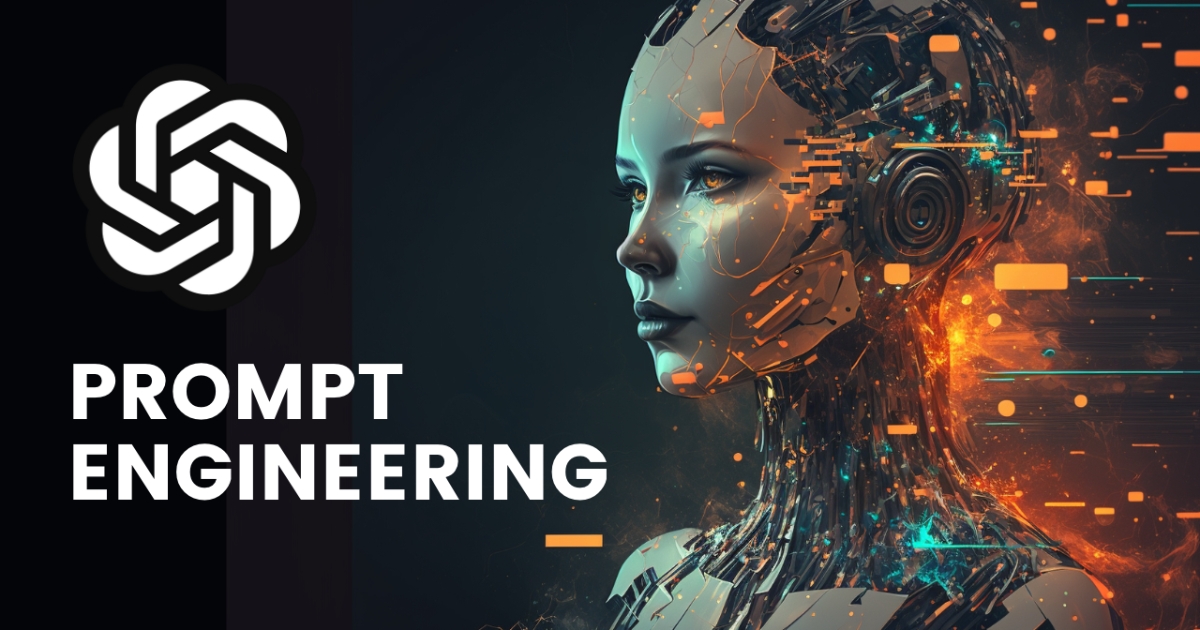
Roles & Responsibilities
In the context of software development, Prompt Engineers play a crucial role. They ensure that the AI’s assistance is accurately aligned with the developers’ needs, thereby enhancing efficiency and innovation. Their work is pivotal in harnessing the full potential of AI tools like ChatGPT in complex technical tasks.
They act as a bridge between AI capabilities and practical software development needs, ensuring that the communication with the AI tool is clear, purposeful, and yields valuable outputs.
With the addition of ChatGPT Software Prompt Engineers, the use of AI in software development is not just about leveraging technology, but also about understanding and interacting with it effectively. The combined expertise of software developers and Prompt Engineers can significantly amplify the benefits of AI tools in the software development lifecycle.
The emergence of specialized roles like ChatGPT Software Prompt Engineers signifies the evolving landscape of AI in software development, highlighting the importance of interdisciplinary skills in the tech industry.
The Rising Need for ChatGPT in the Future of Software Development 2024
The future of ChatGPT in software development, especially looking toward 2024, appears to be characterized by significant advancements and increased integration into various development processes. According to insights gathered from various sources, several key developments are expected in the realm of AI and, by extension, ChatGPT.
The Considerable Improvements of ChatGPT in 2024
The anticipated release of GPT-5 suggests advancements in performance, reasoning, speed, and context detection. A notable enhancement will be in the realm of personalized responses, tailoring content to users’ prompt history, profile, demographic data, and interests. Additionally, there is a focus on developing Artificial General Intelligence (AGI), which aims to enable AI to reason and understand like humans.
Increased Adoption in Software Development
The integration of AI tools like ChatGPT in software development is becoming increasingly prevalent. Generative AI tools have already made a significant impact on software development, although they are not replacing developers outright. They assist in generating code, assessing code to identify problems, and even in automated software testing. However, complex application development still requires human input and expertise.
Impact on the Economy and Workforce Productivity
ChatGPT and other generative AI tools are predicted to significantly impact the economy and enhance workforce productivity. Businesses could benefit from using generative AI to expand their offerings and improve productivity. There is optimism about the potential economic growth generative AI could add, especially in the domain of knowledge and information workers (MIT Technology Review).
Despite the optimistic outlook, there are concerns regarding security and the misuse of AI. Efforts to secure AI tools against potential threats will likely be a priority. The ethical use of AI and ensuring it complements human abilities rather than replacing them are also focal points of discussion.
Conclusion
The integration of ChatGPT in software development signifies a major shift towards AI-enhanced processes. The anticipated advancements in AI capabilities promise more efficient and creative software development, with the role of specialized professionals like ChatGPT Software Prompt Engineers becoming increasingly important.
These changes, while promising greater productivity and innovation, also present challenges in security and ethical AI use. The future of software development, influenced heavily by AI tools like ChatGPT, hinges on balancing technological advancements with responsible implementation and human expertise.
